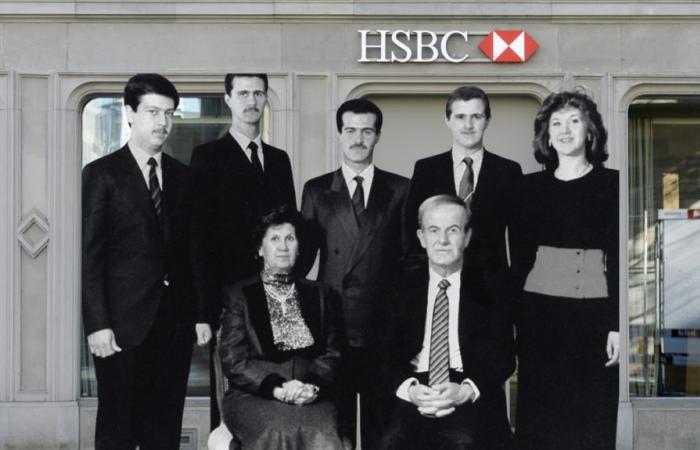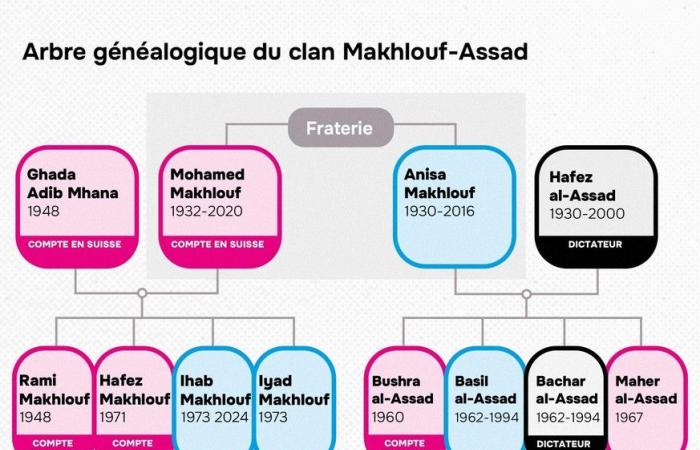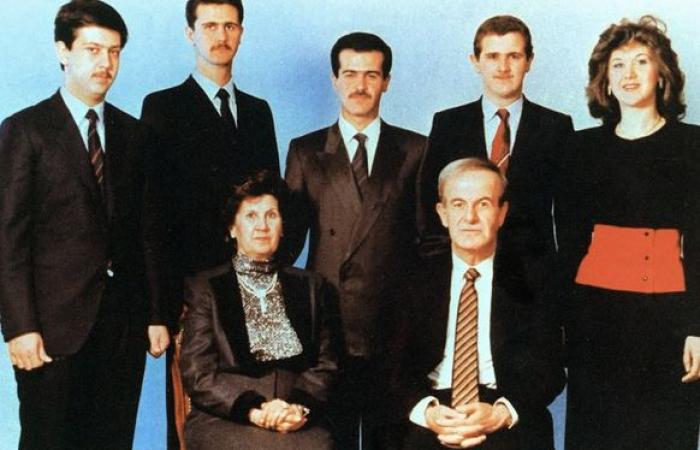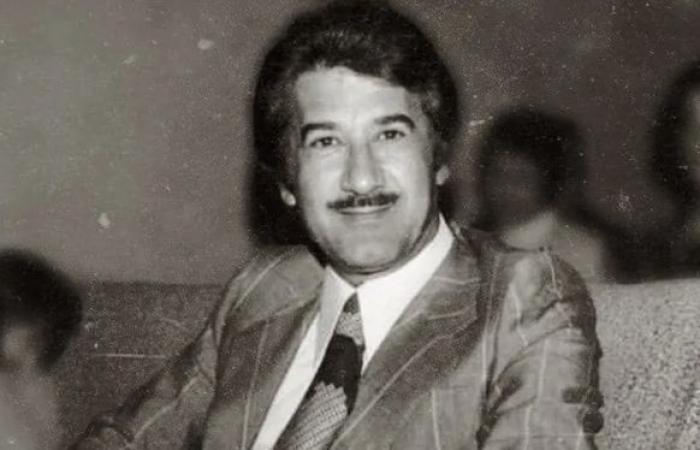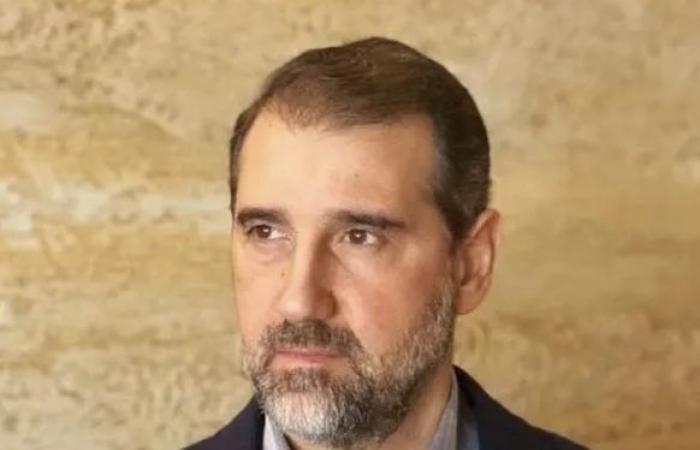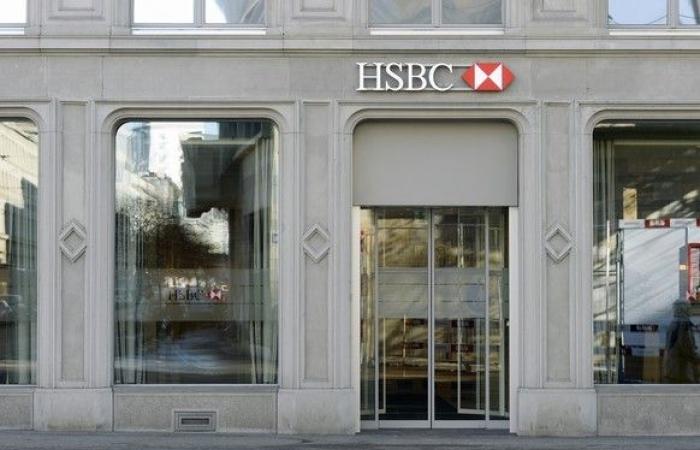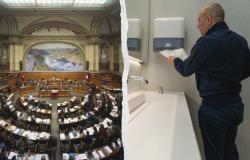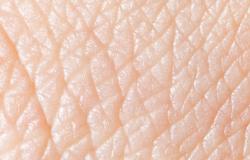The day after the fall of Syrian dictator Bashar al-Assad, the Federal Administrative Court of St. Gallen made a resounding decision regarding the clan’s fortune.Getty Images Europe
The old elite around deposed dictator Bashar al-Assad had deposited millions in Geneva. Judgments reveal the name of the bank involved – and how the authorities reacted.
Andreas Maurer / ch media
On December 8, after 24 years of reign, Syrian dictator Bashar al-Assad fled power. The next day, the Federal Administrative Court of St. Gallen made a resounding decision, examining the complaint of Ghada Adib Mhana, Assad’s aunt. Aged 76, she demanded access to her millions blocked in Switzerland to leave Syria and settle in Dubai.
A protesting aunt
In her complaint, Ghada describes herself as an “elderly woman leading a peaceful life” and with no connection to Syrian political or economic affairs. Yet as the widow of Mohamad Makhlouf, Assad’s maternal uncle and patriarch of the powerful Makhlouf clan, she remained associated with the regime’s economic networks.
After inheriting a joint account at HSBC in Geneva, she attempted to withdraw her funds in 2022, but European and Swiss sanctions prevented her from accessing them. These sanctions, adopted in 2011 during the brutal repression of the Arab Spring, aimed to deprive the Syrian elite of financial resources. The authorities feared that these millions would be used to finance the regime’s abuses.
Image: watson
The Federal Administrative Court rejected his complaintasserting that his membership in the Makhlouf clan was enough to justify the sanctions. Despite her separation from her husband, Ghada remained tied to the family financial system.
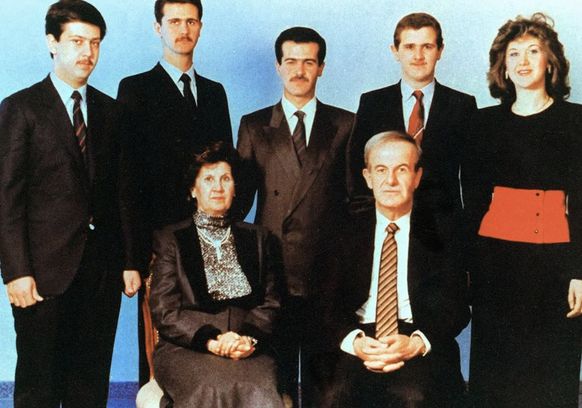
Image: Imago
Block funds for prevent an inheritance
Governments wanted to prevent Makhlouf’s wealth from being passed on to the next generation. Although the patriarch’s sons signed a declaration renouncing claims for funds from Switzerland, authorities still feared that the millions from Geneva would be used for the regime’s atrocities. Ghada Mhana pleaded that she had led an independent life since 2016, when her husband lived with his second wife and their son. She denounced an arbitrary decision depriving an old woman of her money simply because of her family ties.
The Federal Administrative Court, however, ruled that, according to the rules of the sanctions, it was enough to be a member of the Makhlouf clan, which controlled the Syrian economic system, to be targeted. Although Ghada Mhana lived separate from the patriarch, she remained linked to his financial system, forming a marital community with him. The complaint was therefore dismissed.
For the general public, understanding the Syrian system is difficult. Most clan members don’t even have photos online, preferring to exercise their power discreetly. Exceptions exist, like grandchildren Mohammad and Ali, who show off their wealth on Instagram.

Image: instagram
Nevertheless, the Federal Administrative Court is familiar with the power network of the former Syrian elite, having already studied several similar cases involving oligarchs from the Assad-Makhlouf clan. All tried unsuccessfully to unfreeze their frozen assets in Switzerland.
An opportunist uncle: Mohamed Makhlouf
Mohamad Makhlouf, patriarch of the clan, is a key figure in the regime’s economic rise. In the 1970s, he took advantage of the coup d’état by Hafez al-Assad, his brother-in-law, to obtain monopolies in strategic sectors such as oil, tobacco and Syrian banks. In 2002, he opened an account with HSBC in Geneva, using a diplomatic passport attesting to his role within the Syrian Ministry of the Economy.
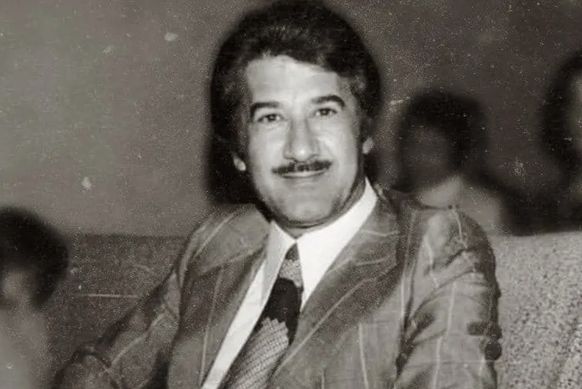
Mohamad MakhloufImage: Facebook
When sanctions were introduced in 2011, Makhlouf attempted to transfer $10 million to Syria, claiming to be an investment. Swiss authorities blocked the transaction, suspecting a maneuver to circumvent sanctions.
A business cousin: Rami Makhlouf
Rami Makhlouf, 55, son of Mohamad and cousin of Bachar, has long remained the richest man in Syria, with a fortune estimated at three billion dollars. Presented as a brilliant entrepreneur, he built his empire on the Syriatel mobile network and exclusive licenses for duty-free areas.
These privileges were a direct result of the corrupt system established by his clan. In 2020, Rami lost favor with the regime after a conflict with the Syrian first lady, Asma al-Assad, over profit redistributions. He then publicly criticized the regime on Facebook, revealing tips for circumventing sanctions via shell companies.
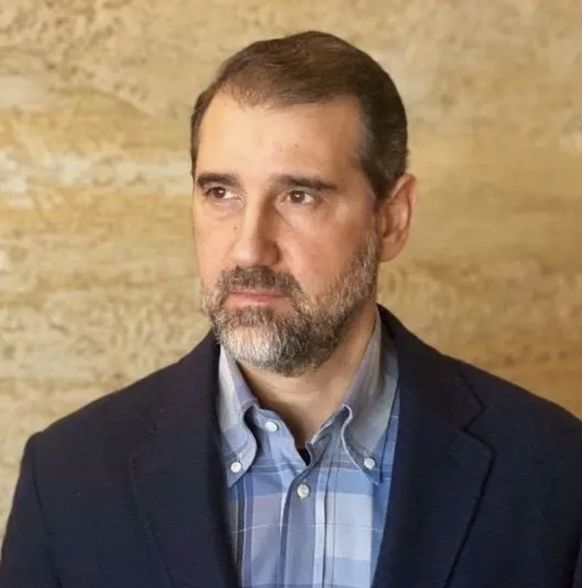
Rami MakhloufImage: Facebook
This information is not false, but it gives a distorted picture of reality. In reality, he owes everything to the corrupt system. When former dictator Hafez Al-Assad died in 2000 and passed power to his son Bashar, economic power was also passed to the next generation among the Makhloufs.
Rami Makhlouf thus obtained an exclusive license for his network of duty-free shops, which organized the flow of goods throughout the country. Likewise, the development of Syriatel was only possible with a state license. He also controlled aviation, oil, construction, import and real estate companies.
This is how Rami Makhlouf became the richest man in Syria in the 2000s. His fortune is estimated at three billion dollars. He was part of al-Assad’s entourage and was responsible for the economic management of the country, as established by the Federal Administrative Court in a 2015 decision. The TAF thus confirmed the sanctions taken against him and refused access to his account in Switzerland, which he managed in francs.
In 2020, an extraordinary event occurred: Rami Makhlouf lost the support of the Syrian regime. Various press investigations indicate that it was because of an argument with the Syrian first lady, who demanded higher contributions to the profits from the Makhloufs. She was under pressure from Syrian businessmen who could hardly make any money on the side.
Rami Makhlouf then opened a Facebook account and published videos in which he criticized the regime. He also revealed that it was very easy to circumvent sanctions by using covers.
Hafez Makhlouf, the handyman
Another cousin of Assad, Hafez Makhlouf managed Syrian intelligence operations, including the bloody repression of protests. Although he tried to minimize his role by claiming to be solely concerned with the fight against counterfeit medicines, the Federal Administrative Court rejected his defense. He also allegedly falsified a document to support his statements.
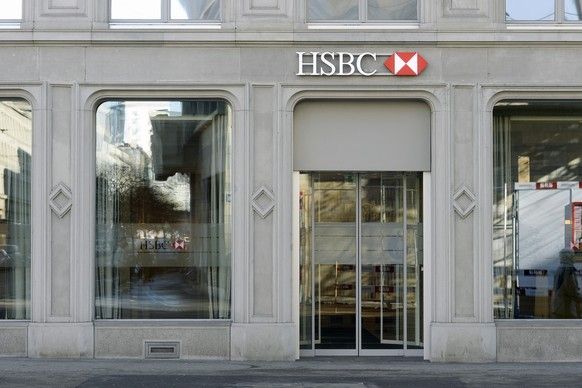
Image: KEYSTONE
Despite his attempts to unfreeze his assets in Switzerland – notably three million francs at HSBC – his requests were refused.
Bushra al-Assad, the ambitious sister
Bushra al-Assad, often described as smarter than his brothers, left Syria for Dubai at the start of the conflict, citing his distance from the regime.
However, the Federal Administrative Court ruled that his departure was motivated more by the search for a better education for his children than by a real political disavowal. His complaints to gain access to his funds in Switzerland were also rejected.
The shot of a clan
Bashar al-Assad’s flight to Moscow marked a turning point in the clan’s history. Some members, like Ihab Makhlouf, tried to escape the chaos. Ihab, Assad’s cousin, was killed by rebels while fleeing to Beirut. Others, refugees in Dubai, now present themselves as opponents of the regime, despite their past involvement.
Switzerland remains a central player in these affairs, in particular because of the concentration of the clan’s funds at HSBC in Geneva. Geneva lawyer Eric Hess, representing several members of the clan, systematically refused to comment on these cases, citing professional secrecy.
The Swiss judgments offer a unique insight into the financial mechanisms of an authoritarian regime. Through these cases, Switzerland asserts itself as a key player in the application of international sanctions, revealing the limits of the Syrian elites’ attempts to protect their fortunes. The millions frozen in Geneva bear witness to the fight against the impunity of the former oligarchs of the Assad regime.
Translated from German by Anne Castella

